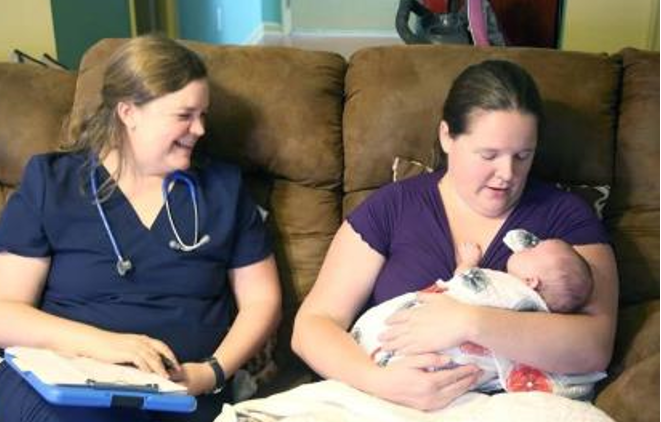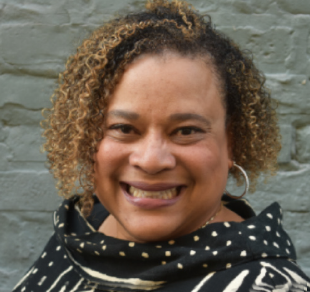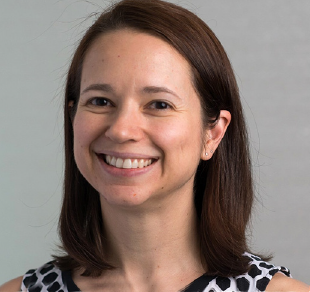
12:30 - 02:00 pm
Community Investments in Parent-Child Relationships Drive School Readiness

“By focusing on the safe, stable, and nurturing relationships (SSNRs) that buffer adversity and build resilience, pediatric care is on the cusp of a paradigm shift that could reprioritize clinical activities, rewrite research agendas, and realign our collective advocacy.”
Dr. David Willis, a pediatrician and senior fellow at the Center for the Study of Social Policy, shared this quote from a policy statement released in 2021 by the American Academy of Pediatrics during his comments in this Dec. 21, 2021 Funder-to-Funder Conversation. He noted how this policy statement reflected a growing awareness of the importance of early relational health, setting the stage for a panel of funders to share philanthropic opportunities for advancing policies and practices that support strong parent-child relationships beginning at birth.
After explaining how Einhorn Collaborative is engaging other funders and programs to promote parent-child connections, Ira Hillman of Einhorn Collaborative moderated the conversation. Dr. Willis shared insights from his 30 years as a clinician focused on early child development and family therapy, defining early relational health as the positive, nurturing relationships between young children and their parents and caregivers. He also described the growing body of science on the impact of these relationships on physical health, development, social well-being and resilience.
Brenda Blasingame described how the Pritzker Children’s Initiative is advancing early relational health through program and policy strategies in 20 states and 10 communities across the country. She explained how this work focuses on addressing the issues that bring stress into the lives of parents and families while strengthening parents’ abilities to create a supportive caregiving environment. Blasingame also shared how Pritzker is working to embed early relational health into existing systems and promoting a community-based approach, including community health workers, community-based doulas and community-based perinatal services.
Renée Nogales shared how The Burke Foundation is working at the state level to support upstream prevention programs designed to ensure New Jersey children have positive childhood experiences and early relational health. She explained how this has led to partnerships with other funders and state leaders as they pilot and scale research-based efforts, including Reach Out and Read, HealthySteps, universal home visiting, the Keystones of Development curriculum for medical residents.
Mel Brennan of United Way of Southern Maryland offered insights rooted in his previous work at the YMCA of Central Maryland and Thread in addition to his current work at United Way. He stressed the importance of paying attention to the context around young people to support their development, including healthy relationships in families and communities and the chronic stress caused by persistent poverty. He shared how his United Way partners with 76 agencies that are supporting family security and stability and strengthening relationships between parents and children.


 All Events
All Events




